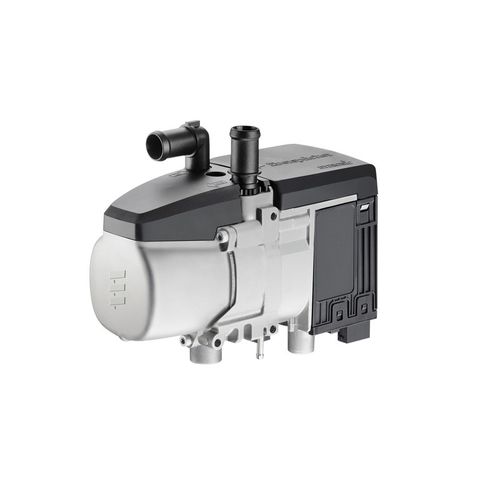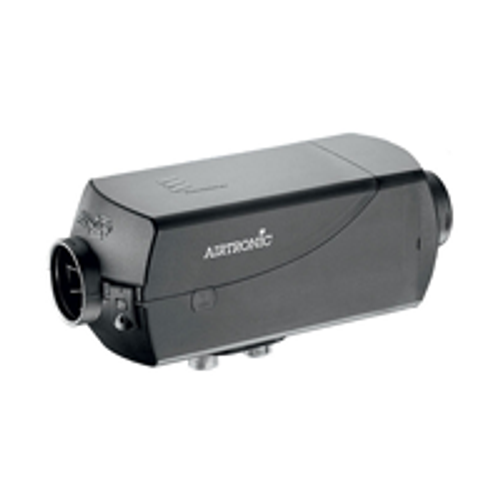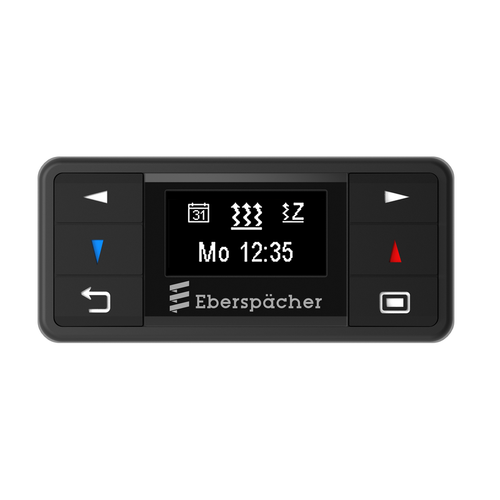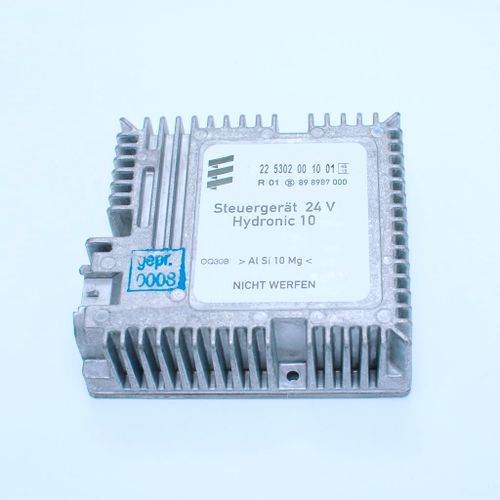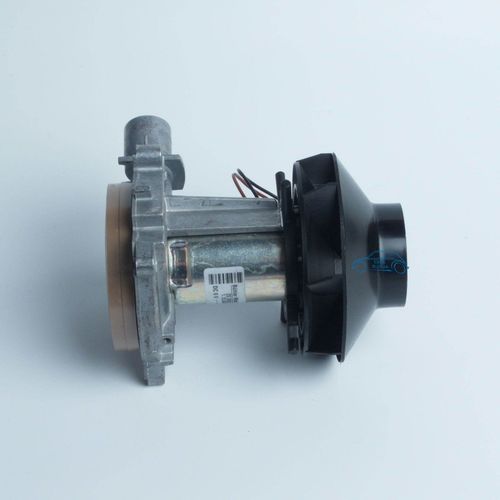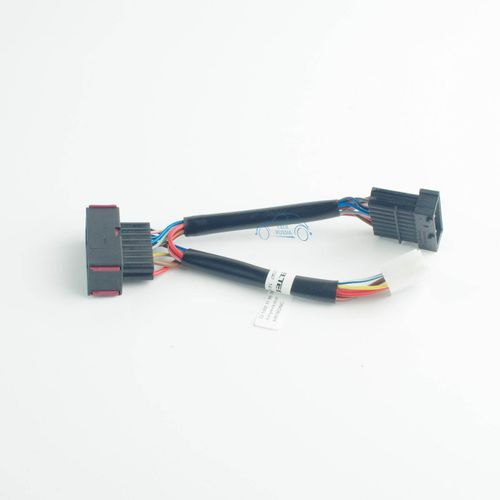- Vehicle heater as an important part of thermal management
- Extending the electrical range at cold temperatures
- Low-emission heating thanks to environmentally-friendly heating concepts
Eberspaecher is renowned for its classic, engine-independent pre-heaters. Up until now, the focus was always on comfort: A warm vehicle interior and frost-free windows when it is cold outside. With the current trend towards e-mobility, vehicle-heating takes on a new ecological function in the overall thermal management of the vehicle. To counteract, among other things, the decreasing range of electric and hybrid vehicles at low temperatures, innovative heating concepts for all drive types and all demands are becoming more important.

At colder outdoor temperatures, drivers of electric or hybrid vehicles may not have enough electrical range to complete the journey they have planned. When the temperature drops, the performance of the traction battery decreases. What’s more, the driver also wants the vehicle interior to be nice and warm when it’s cold outside. And that burns up energy. This means that in winter the range can drop by an average of 25 percent in comparison to the summer months. When the outdoor temperatures drop extremely low, to minus 20 Celsius, the range can fall by up to 50 percent. Engine-independent vehicle heaters from Esslingen’s thermal management experts provide a solution for these challenges and move beyond the purely comfort-oriented feature towards an ecologically necessary component of the vehicle thermal management. As a specialist in vehicle heaters, Eberspaecher offers the right solution for all drive types and all demands.
Fuel operated heaters with integrated catalytic converter for hybrid vehicles
During winter, the combustion engines in hybrid vehicles often start up to generate heat to warm the interior. This uses up fuel, since the vehicle engine is less efficient when it comes to generating heat. The fuel operated Hydronic S3 InCat heater prevents the vehicle engine from starting up and, independently of the engine, makes for a pleasantly warm temperature with significantly lower fuel consumption. The catalytic converter is completely integrated into the water heater and eliminates almost all CO and HC emissions, thus resulting in low-emission heating. What’s more, the heater also heats the battery, which leads to rapid regeneration of its performance.
Solutions for e-vehicles
A CO2-neutral solution for purely electrically powered vehicles comes in the form of ethanol heaters. Eberspaecher offers these on the basis of water and air heaters. Ethanol heaters provide the necessary heat for heating the vehicle interior and the battery, so that no energy from the vehicle battery is required at these points – an ecological solution that does not impact the electrical range of e-vehicles. Providing environmentally-friendly heating is nothing new for Eberspaecher: The company presented the first ethanol heater back in 2011. A new generation of ethanol heaters (2 kW) based on the Airtronic 2 air heater is currently being deployed in the new WORK XL from StreetScooter GmbH.

Many of today’s hybrid and electric vehicles are already heated using electrical high-voltage heaters from Eberspaecher catem. This solution has been specially developed for heating the interior of hybrid and electric vehicles as well as conditioning batteries. It impresses with its reliable, intrinsically safe heating using PTC technology: An inherent self-control effect rules out overheating, since the PTC elements heat up only to a predefined temperature before the product then automatically reduces the power consumption. Eberspaecher catem has already manufactured around 1.5 million high-voltage heaters for use in electric and hybrid vehicles. Production of the complex PTC heaters started in 2010 in Herxheim in the German federal state of Rhineland-Palatinate. Since 2018 they have also been manufactured in the Chinese city of Tianjin.
With regard to the thermal management of vehicles with alternative drives at low outdoor temperatures, the combination of electrical and fuel operated heaters ensures environmentally-friendly comfort tailored to customer requirements.

